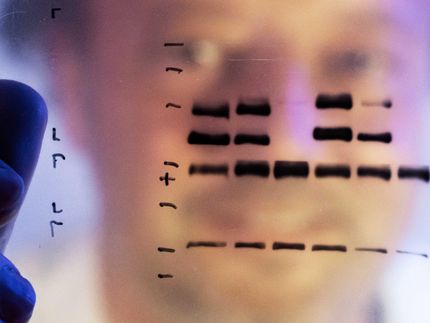Clavis Pharma announces encouraging interim results of Phase II trial with elacytarabine in combination with idarubicin in patients with AML
Biomarker analysis suggests hENT1 levels may identify patients for whom elacytarabine could be an effective treatment
Advertisement
Clavis Pharma ASA announces encouraging interim efficacy data from its Phase II clinical trial with elacytarabine in combination with idarubicin in patients with acute myeloid lymphoma (AML) who have failed cytarabine (ara-C)-containing first-course chemotherapy. Elacytarabine is a novel, patented lipid-conjugated form of the anti-cancer drug cytarabine created by Clavis Pharma using its Lipid Vector Technology (LVT).
The interim results found that treatment with the elacytarabine/idarubicin combination showed promising clinical activity with a complete remission (CR/CRi*) rate of close to 50% in patients who failed to respond to cytarabine-containing first-course treatment (11 of 23 evaluated patients). As expected, these responses are independent of the patient’s hENT1 status. hENT1 (human Equilibrative Nucleoside Transporter 1) is a protein expressed on the surface of cancer cells that has been shown to be important for the uptake and efficacy of cytarabine.
30 patients have been assessed for hENT1 expression level at time of initial AML diagnosis before standard cytarabine treatment. Preliminary results indicate that approximately 50% of patients have low hENT1 expression. Ofthe patients with low hENT1, only approximately one third responded to conventional cytarabine-containing therapy, while two thirds the patients with high hENT1 responded.
The main objective of the ongoing 50-patient trial is to study response rates to the combination treatment and the relationship of outcome to the patient’s hENT1 status. The study is being conducted at leading haematology clinics in the USA and Europe.
Olav Hellebø, Clavis Pharma CEO, also commented: "The interim results have shown that elacytarabine in combination with idarubicin elicits a positive therapeutic effect in a substantial proportion of AML patients for whom first-course cytarabine treatment failed. This is very encouraging and, with the hENT1 data seen, highlights the potential of our LVT drugs to offer an effective treatment option to patients who may not respond to current standard cancer therapies.”
*CR/CRi – complete remission including complete remission with incomplete blood count recovery.






















































